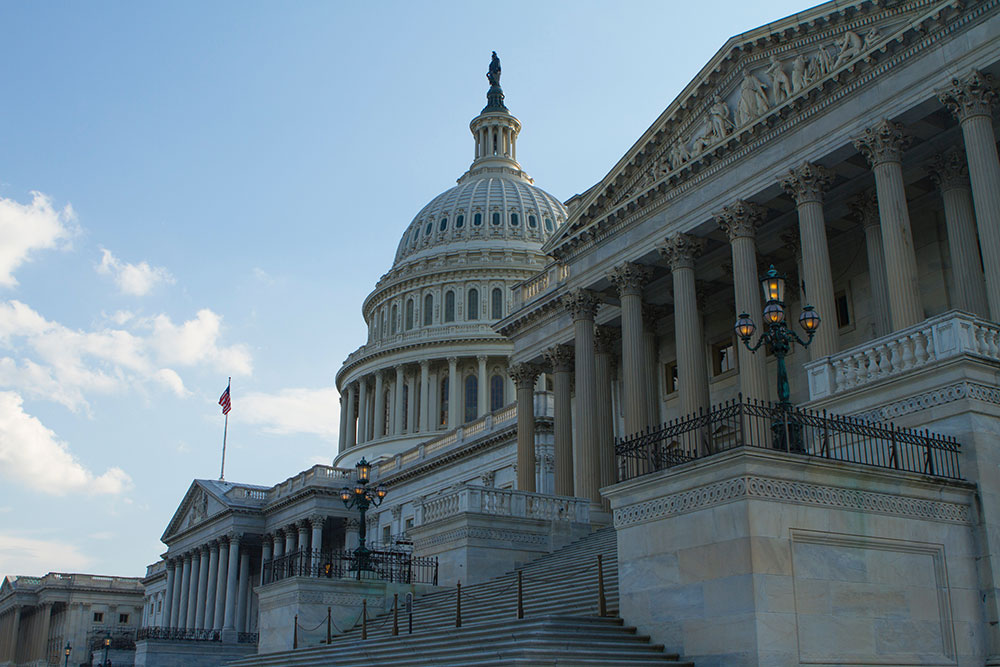
The law says that it is unlawful for an employer to discriminate because of race. It is also unlawful for an employer to retaliate against an employee for engaging in protected activity. Protected activity is reporting or opposing race discrimination, or participating as a witness in a discrimination case.
The history of these two laws is central to the core of who we are as Americans and it is the first Civil Rights Act that Congress passed for us Americans.
But first, we must look at America’s history. On July 4, 1776, our forefathers unanimously signed the Declaration of Independence. In the room where it happened, these immortal words were first written:
We hold these truths to be self-evident, that all men are created equal, that they are endowed by their Creator with certain unalienable Rights, that among these are Life, Liberty and the pursuit of Happiness.
We fought hard for those rights. During the Civil War, Abraham Lincoln repeated those words during the Gettysburg Address: that Our nation was conceived in Liberty and dedicated to the proposition that all men are created equal.
After the Civil War ended in April 1895, Congress passed the 13th Amendment abolishing slavery in December 1895. But Congress realized that it was essential for amendment to be enforced. Congress then passed our first civil rights law: The Civil Rights Act of 1866, now codified as 42 U.S.C. Section 1981 (“Section 1981”), which declares:
That all persons born in the United States… of every race and color, without regard to any previous condition of slavery or involuntary servitude,… shall have the same right, in every State and Territory in the United States, to make and enforce contracts, to sue, be parties, and give evidence, to inherit, purchase, lease, sell, hold, and convey real and personal property, and to full and equal benefit of all laws and proceedings for the security of person and property, as is enjoyed by white citizens…
That law became the blueprint for our 14th Amendment enacted two years later that further protected and expanded our equal rights, guaranteeing all citizens equal protection under the law.
But even in the 21st century, we are still dealing with these issues. It may be because it is human nature that we are going to have those who violate the law. But there is hope.
Not too long ago, Martin Luther King said, “I have a dream that one day this nation will rise up and live out the true meaning of its creed: ‘We hold these truths to be self-evident: that all men are created equal.’” He also said, “The time is always right to do what is right.”
The Civil Rights Act of 1866 is still relevant today. It’s simple: no discrimination. No retaliation. Today, not tomorrow. We cannot stop doing the hard work. I argue that we do not always need any more laws, more rules. We need a jury with the courage to enforce them.
My dream for us follows the dreams of those who came before: that we will rise and live to the true meaning of our creed, the self-evident truths, that all people are created equal.
